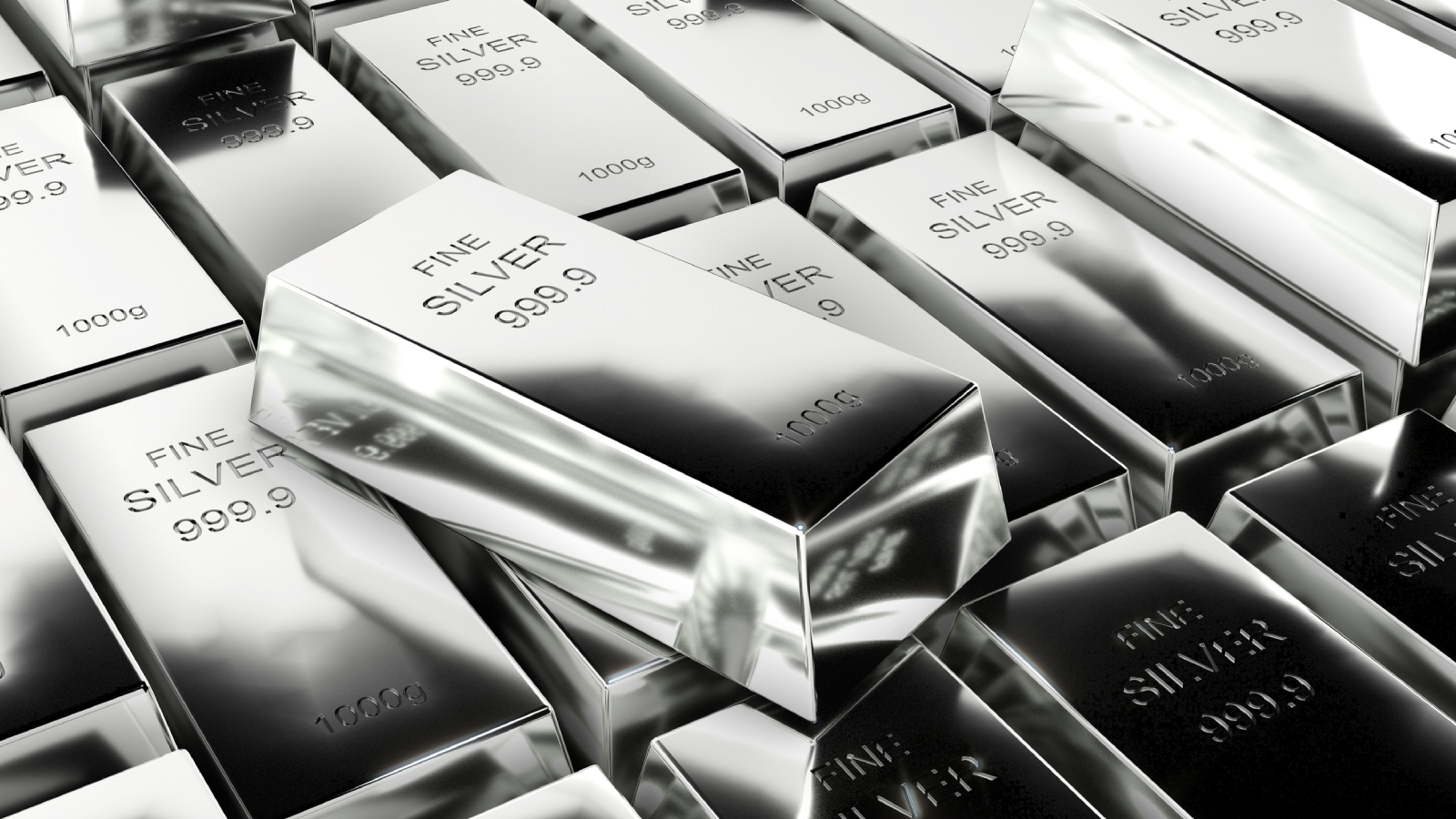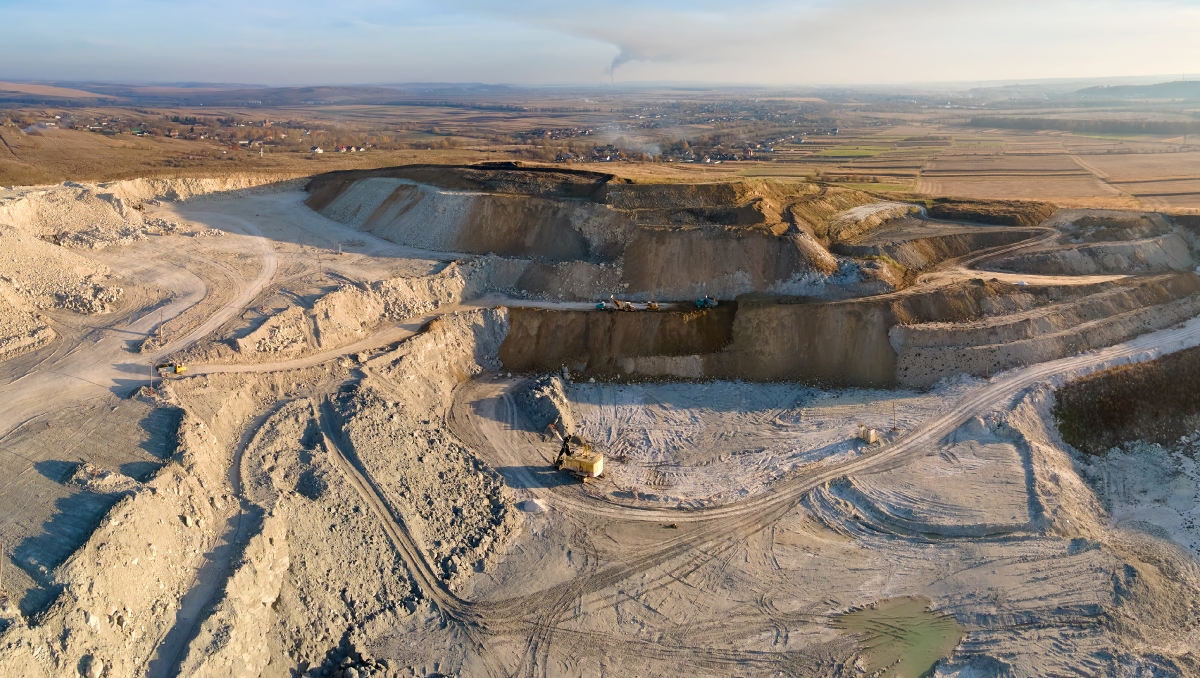Rising Silver Demand

Date
Historical Silver Price Chart November 2023 - September 2024.
Unit Prices = Silver (USD/t.oz)
Source: www.TradingEconomics.com
How Metal Recyclers Can Help Address the Silver Shortfall
Silver demand has soared in recent years, creating a significant strain on the global supply. For the past 3 years, the silver market has been in deficit, and projections suggest 2024 will continue this trend. The Silver Institute estimates that the shortfall will exceed 215 million ounces this year—one of the largest deficits on record. This persistent gap between demand and supply is largely driven by industrial needs, particularly the solar energy sector, where silver plays a crucial role in manufacturing photovoltaic cells.
Industrial Demand Outstrips Supply
Silver’s unique properties make it indispensable in various industrial applications, including electronics, medical devices, and, most notably, renewable energy technologies like solar panels. As the world pushes for cleaner energy solutions, the demand for silver has noticeably increased. In 2023 alone, the silver market faced a structural deficit of 184.3 million ounces. With silver demand rising and mine output stagnating, the gap between supply and demand is widening, putting pressure on the market to find alternative solutions.
Mining Challenges and Inelastic Supply
Silver mine production has not kept pace with growing demand, despite the rise in silver prices. Mine output peaked in 2016 at 900.1 million ounces, but since then, production has steadily declined by about 7%, even as prices have surged from $13.30 to over $31 per ounce. One reason for this is that most silver is mined as a byproduct of other base metals like copper, lead, and zinc. This creates a price inelasticity where even rising silver prices may not incentivize production increases because these operations are driven by the demand for other metals.
Additionally, primary silver mines, which account for about 28% of the silver supply, are facing their own challenges, including lower grade ore and fast rising production costs. Declining ore grades mean more silver must be extracted to maintain profit margins, while escalating costs are putting pressure on mining operations. As a result, many silver mines have been running at a loss or struggling to generate positive cash flow, despite higher silver prices.
The Role of Metal Recycling Companies
In the face of these challenges, the mining industry alone cannot solve the current supply shortfall in the near term. This is where metal recycling companies, like D Block Metals, play a critical role in closing the gap.
Recycling silver from industrial products, electronics, and even old jewelry can provide a much-needed boost to the global supply. Unlike mining, which requires significant capital investment and time to ramp up production, recycling is a more immediate and sustainable solution. Silver is highly recyclable, and metal recycling companies can recover this precious metal from products that have reached the end of their life cycle, ensuring that silver is returned to the market without the environmental impact of additional mining.
Silver Recycling as a Solution
Recycling helps reduce the strain on natural resources and supports a more circular economy, where materials are reused and repurposed rather than discarded. As the silver deficit grows, recycling efforts are becoming increasingly important to meet industrial demand. In fact, industry experts predict that silver recycling will be essential in addressing the supply shortfall over the next few years, especially as demand for solar energy and electronics continues to rise.
By expanding their silver recovery efforts, metal recycling companies can help balance the market, reduce the environmental impact of silver production, and support the growing industries that rely on this valuable resource.
The growing demand for silver, particularly from the solar energy sector, combined with the challenges facing the mining industry, has created a significant supply shortfall. While the mining industry works to address production issues, the role of metal recycling companies has become more vital than ever. Recycling silver not only helps meet demand but also promotes sustainability by reducing the need for new mining operations. For companies like D Block Metals, this is a unique opportunity to make a substantial impact in the silver market and contribute to the solution of one of the most pressing issues facing the industry today.



